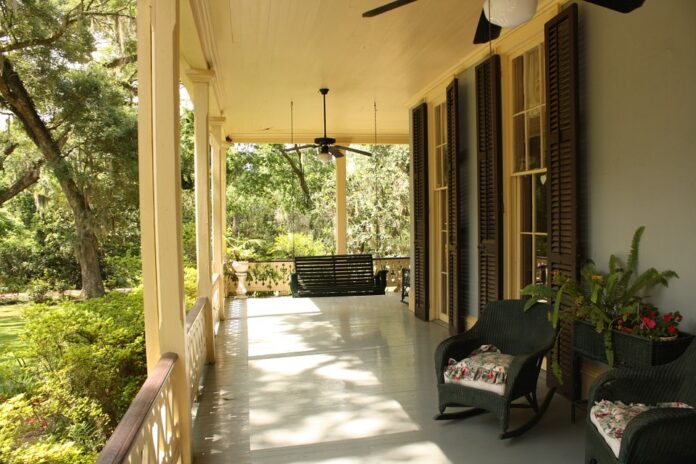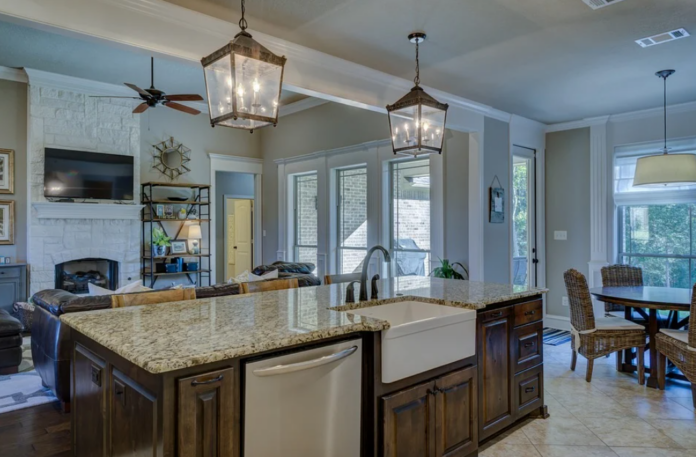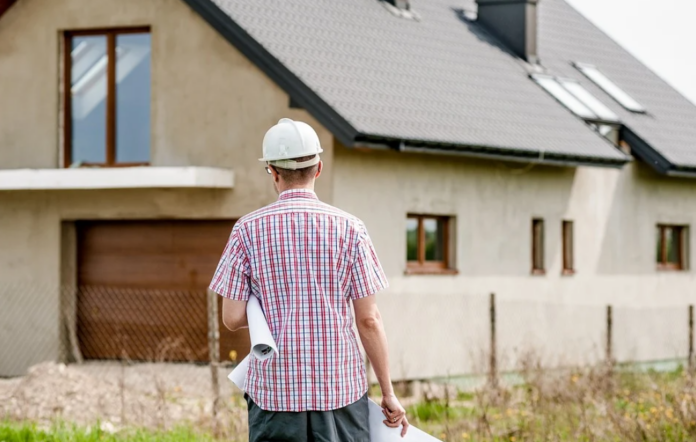Aside from the architectural originality, a house with a cultural or historical value can be more cost-effective for individuals on a limited budget since tax authorities can offer a tax break on such purchases. It is also ideal for millennials who have a historical itch to scratch or are interested in contemporary properties. Historical buffs who want to preserve a piece of history can also be interested in buying your home.
It’s a significant choice to sell your home. Consider the following suggestions to sell your property that entails a historical value to get the most out of your investment.
1. Showcase Your Home’s History

Your property’s rich history is one of its selling points. Find out interesting facts about the previous owners and any impact the house made on the neighborhood. Knowing these minor nuances might help your property stand out from the crowd of more modern homes.
Here are some ideas for researching the history of your house:
• Examine your surroundings: You might discover documents or artifacts buried in your yard or concealed within the walls of your home that provide some insight into the past.
• Visit your local Historical Society: They may have valuable information regarding your home that they are willing to offer.
• Pay a visit to a senior center near you: Elderly residents may have knowledge that isn’t recorded in any book.
• Look through the public records: Examining property records, census data, and newspaper archives can teach you a lot about your property and the neighborhood you live in.
2. Incorporate Your Home’s History Into Your Marketing Strategy

It would help if you emphasized your home’s antique traits when advertising it. Mention items like the original flooring or the distinctive design of your fireplace in your listing description. Try putting your home on a real estate website like Klement2 to market it more effectively. They will also help you with the sale and management of your historic property.
You can also request that your realtor post a link to your property on their social media pages.
Here are some other marketing ideas to think about:
• Take pictures of the inside and outside of the house.
• Make some signs.
• Place an ad in your local publication.
• Organize an open house.
• Allow visitors to take a virtual tour of your home.
3. Choose the Best Agent for You

Selling historic properties is different from listing ordinary houses on the market. To ensure that your property is in good hands:
• Look for a real estate agent specializing in antiques. You should check with your broker to see if they have experience selling homes like this.
• Before you make a decision, inquire about their marketing and pricing strategies for your home.
• Before signing any deal, be prepared to haggle over the commission rate.
4. Update Key Areas with Modern Updates

While you want to maintain the original style of your property, you also want it to be functional for potential purchasers. It’s a good idea to start with the bathrooms and kitchens. If your heating and cooling systems are old, you should consider replacing them.
Replace any broken or malfunctioning kitchen appliances. To attract potential consumers, replace all old devices with modern appliances.
Repainting cabinets or walls is another cost-effective option to liven up your area. Look for elements that complement your home’s historic design at your local architectural salvage store while redecorating these areas. When shopping for vintage items, look for pieces that can serve numerous roles, such as a flat-topped blanket chest.
Make sure you’re working with contractors who have experience in selling historic buildings. You could also request a referral from your real estate agent.
5. Stage The Property With Keeping The Buyers In Mind

At an open house, potential buyers are more likely to lean toward a more contemporary design. Balance out your antiques with more traditional furniture and modern window treatments. Try mixing vintage-style draperies with a more modern-looking sofa.
To help free up space while arranging your property, keep clutter to a minimum. Consider reducing the number of pieces of furniture in each room and freeing up table space. This makes it easier for potential buyers to wander around and explore critical features like a fireplace.
6. Recognize Home’s Restrictions

Local historic preservation ordinances, in addition to an easement, can impose restrictions on your land. They may require that improvements be reviewed or that historic homes not be demolished. It may cause some potential buyers to be cautious about purchasing your home.
Before you place your house on the market, make sure you are informed of any laws.
These policies can be found on the municipal website of your town. Keep in mind that you’ll need to include this information in your seller’s disclosure.
7. Prepare for Requests for Repairs

While receiving an offer on your house can be thrilling, the buyer may list several issues that need to be addressed. You need to know which requests are realistic and which you can compromise on.
Before you put your house on the market, have a seller’s inspection to help you make this decision. It allows you to identify possible problems before they become an issue. The review is especially crucial for older homes that may be in breach of the building code. The examination will assist you in determining any repairs that are required.
8. Protect Your Home’s Character

Protect your home’s inherent attractiveness with a historical presentation easement after you’ve worked hard to keep it that way. This legal agreement forbids the buyer from making any future improvements to the property that would detract from its historical value. An easement may also provide tax advantages. Keep in mind, though, that an easement could reduce the value of your home.
Conclusion
Your historic home has a distinct personality that should be maintained. When the time comes to sell your property, you want to make sure it goes to the appropriate person. It might be challenging to get your house off the market, especially as demand for more modern properties grows. Consider these suggestions for confidently and successfully selling your historic home.







